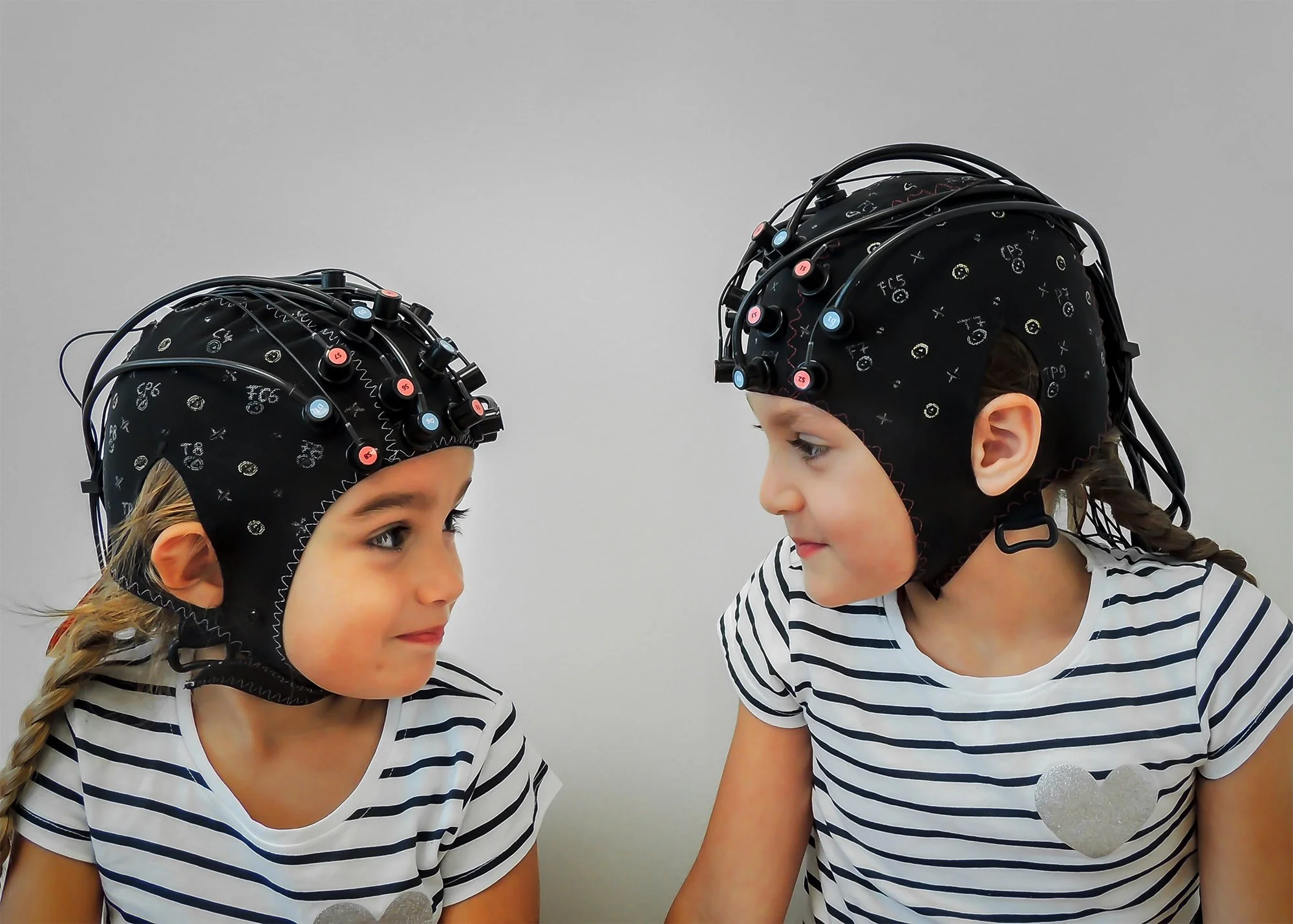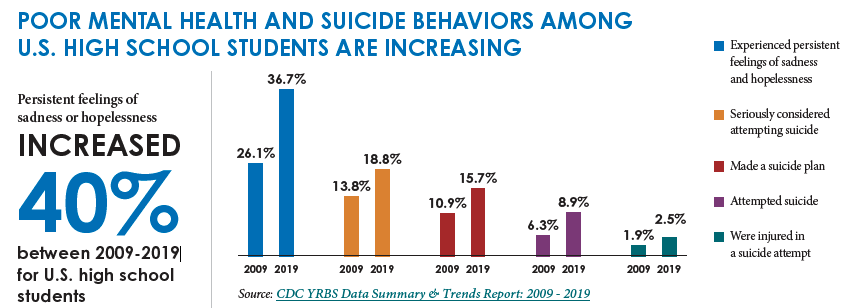All Posts

The Influence of Social Media Misinformation: Understanding Online Trends Affecting Mental and Physical Health
Research has recently found that women’s decisions about taking birth control are often being guided by misinformation spread on apps such as TikTok or Instagram. This recent surge in misinformation highlights the importance of digital literacy. How does social media misinformation impact physical and mental health on the greater scale?

Fact or Fiction? New Research Shows How Susceptible You Are to Fall for Misinformation
Misinformation abounds in the information age, but a new measurement tool published by the University of Cambridge shows promising results in helping us better understand and fight its spread.

The Impact of Technology on Our Epidemic of Loneliness
In May of 2023, the U.S. Surgeon General found that about half of U.S. adults experience measurable levels of loneliness. Digital technology may play a role. Science shows that activities such as viewing feedback are associated with activation in areas of the brain linked to social rewards, and external comparison can lead to greater rates of loneliness.

What Does a TikTok Ban for Teens and their Social Media Use?
The House recently passed a measure that could lead to a nationwide ban of the popular video app TikTok. What would this ban mean for teens and their social media use?

The Relevance of Childhood Resilience Factors and Culture in Adverse Childhood Experiences (ACEs)
Research looks into how developing resilience can help shield against the negative effects of adversity and adverse childhood experiences. In addition, how can we support students in building resilience?

Are Attention Spans Actually Decreasing?
Almost a decade ago, a Time magazine article went viral when the author proclaimed that humans now have a shorter attention span than a goldfish. But what does the science actually say?

Does Social Media Really Harm Teens’ Mental Health?
Although there is evidence to suggest that a causal link exists between social media use and poorer mental health outcomes, little is known about how that link actually works.

ADHD Diagnoses in Women
Why have ADHD diagnoses been on the rise? One possible explanation is the increase in diagnoses of ADHD in women and girls.

Can Economic Development Lead to Lower Wellbeing?
For the nearly 500,000 adolescents in middle and high income countries in 2018, greater economic development in their country predicted lower life satisfaction and subjective wellbeing. Rudolf and Bethmann look into why that is.

The Social Self’s Impact on Mental Wellbeing
Unlike previous decades, young people are now reporting worse mental wellbeing than all other age groups. The Global Mind Project at Sapien Labs suspects a lacking Social Self to be the cause.

Longitudinal fMRI scans of high vs low technology users
While social media and screen time are often singled out as major causal factors in the ongoing adolescent mental health crisis, research performed to date does not offer a clear or even consistent picture of the relationships. Comprehensively indexing the environments of children and adolescents, alongside patterns of technology use, will shed light on observed changes in development, both behaviorally and neurally.

Impact of technology use on sleep
A substantial body of research has long demonstrated that sleep is essential for physical and mental health. Recently, digital technology has emerged as one of the leading hypothesized causes of poor sleep, in terms of duration and quality. Our study will extend the robust body of work on how development and mental health are impacted by technology use by investigating the differential impact on sleep.

fNIRS and physiological measures when interacting online
There has long been an acknowledgment that social interactions are critical for mental and physical health, creativity, problem-solving abilities, and overall well-being. In the digital era, however, the nature of human interaction has evolved, and this has sparked scientific interest in understanding the implications of change. Online interaction, driven by technological advancements, has undoubtedly changed the way we connect, often replacing traditional face-to-face communication. However, there's a trend towards increased feelings of loneliness. Despite devices intended to enhance our sociability, the irony is that many individuals are so absorbed in them that they end up more alone. This study aims to delve into how technology has impacted social interaction, and how Functional Near-Infrared Spectroscopy (fNIRS) offers a unique lens to study this phenomenon.




Facebook and Campus Mental Health
Research published in 2022 by Braghieri and colleagues demonstrates a decline in mental health of student populations after the introduction of Facebook, represented in the figure by the vertical dotted line. The different colored bars begin to move upwards after the dotted line, indicating a decline in mental health.

Tolerance of Uncertainty
People who are intolerant of uncertainty are also more afraid of anxiety. Intolerance of Uncertainty has long been linked with increased worry and anxiety, resulting in higher risk for anxiety and other emotional disorders.

Trends in Emergency Department Visits
Adolescents and adults of all ages are seeking assistance at emergency departments at an increasing rate for mental health struggles, however the sharpest increases have been in adolescents, according to Genevieve Santillanes and colleagues at USC’s Schaeffer Center for Health Policy & Economics.
